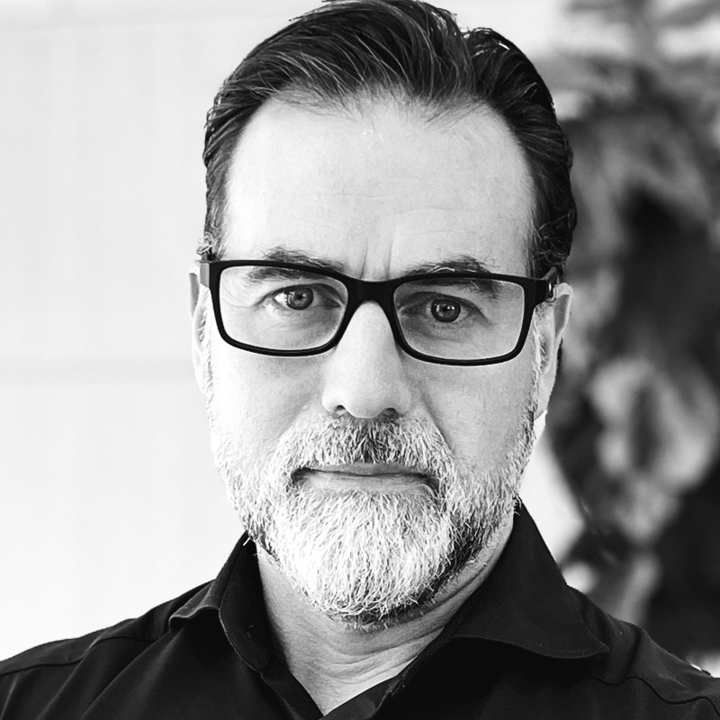‘If you wanna’ succeed in social, you gotta’ have an authentic voice.’
No doubt you’ve read this, seen it emphasised with hand gestures in presentations by social media thought leaders. And they’re right, authenticity is key, but the more complicated aspect is, how exactly do you develop an authentic voice? What are the things you need to focus on to ensure your social media voice remains authentic and true to your core purpose? And, if this is possible, how authentic is too authentic?
In some ways, it shouldn’t be that hard, just be yourself and you’ll be fine. But it’s not always that simple.
‘They’re just jokes…’
In a recent case that both shocked and amazed me, an Australian political candidate ‘quit in disgrace’ after media sources were alerted to hundreds of offensive posts he’d made on his personal Facebook page. His page was private, but really, there’s no way that’s going to cover you, especially if you’re working or seeking a role in the public eye.
Make no mistake, everything you post online can be traced back to you. Your actions leave a trail of digital breadcrumbs that can be found – if you want to say something that you’d prefer be erased from physical record, don’t post it online.
When he was questioned about his offensive posts, the candidate said that they were ‘just jokes’. Everyone does it, everyone talks about this stuff, right?
This is an extreme example of being too authentic, posting things with no thought or regard for how they represent you and your personal brand. I can’t imagine many people are posting bad taste material of this level at such a high volume, but it’s a reminder that you do need to be mindful of what your posts are saying about you.
Being yourself is great, and you definitely shouldn’t avoid voicing an opinion or sharing a joke – if what you’re posting is what you believe, and it’s something you feel needs to be shared, you should do it. But if you’re ever about to press send on an update that could be offensive to some, if you’re hesitating, even for a moment, as you hover your cursor over that trigger, take a moment to think about the message you’re about to present to the world. Privacy settings won’t cover you for all liabilities.
Tip: If ever you’re unsure about something, if you’ve read some joke or seen a video that you want to share but you think it could, possibly, be offensive, go check out the comments on the original post by doing a search for it in Google. For YouTube videos in particular, if there is an offensive angle, people won’t hold back in their criticisms.
Now it’s personal
For brands, the rules are the same – you want to develop an authentic voice and be true to who you are, but that doesn’t necessarily mean you respond as you would in real life.
In early 2013, an Arizona restaurant was featured on the reality TV program ‘Kitchen Nightmares’, in which Gordon Ramsay is brought into a struggling business to curse about various aspects of it, some of which being ideas to help improve the business in question. This restaurant was the first to be abandoned by Ramsay and his team – beyond help, in his (and the producers’) opinion. After the episode went to air, the restaurant was bombarded with negative comments on social media. Their response? Go on the attack and take on the internet. ‘WE WILL GET YOU’, one post threatened, as if the tide of opinion could be bested in physical combat. It was misguided, foolish and, eventually, was denied away by the owners, who claimed their profiles had been hacked.
This is another example of the boundaries of authenticity. While you might want to respond to haters and critics – even challenge them to mortal combat, if that’s your way – it’s not going to help. Not you and definitely not your brand.
In all interactions, you need to remember
– who you’re representing
– what your responses mean for your personal and professional identity, and
– what outcomes you hope to achieve from your engagements.
It underlines the need for business-wide social media training and a clear mission statement for brands, understood by all who are involved in the process. You know that thing they say, about the customer always being something? Yep, that. And also know that at the end of the day, you won’t ever please everyone. You do your best, you accept responsibility where you’re at fault, you try to help where you can. There’s never any benefit to engaging in an online slanging match.
TMI
It’s one thing to be authentic, it’s another to over-fill your business Facebook page with personal updates. I can’t tell you how many times I’ve looked at a business page and seen random updates about their holidays, their opinions on unrelated news stories, interactions with relatives. Definitely, a level of personal insight is fine, and there will always be specific differences for each business, but your business page should be primarily that – business.
You have personal pages for your updates and chatter with your friends. Overly intimate or fraternal exchanges on business pages, with no relation to your actual brand, can look unprofessional, and can be detrimental to your overall strategy. You should always have a goal in place, a purpose to your professional interactions in social media. Adding behind the scenes or ‘day-to-day life’ posts here and there is a good strategy to help humanise your brand, and this moves towards the goal of creating an authentic, relatable presence.
But sharing random joke posts, spamming followers with content not related to your business – too much personal and not enough business doth not a great social brand make.
Professional authenticity
Essentially, what it comes down to is the need for ‘professional authenticity’. You want to be authentic, to develop your own voice, and to put forward your opinions and thoughts on social, but you need to do so with some regard to how those views represent your brand.
If you want to be controversial, of course, that’s your choice, but it’s worth bearing in mind the memory of the information superhighway. Nothing you submit is ever totally forgotten. You can cleanse your online identity, un-couple yourself from your past offences (how a political party fails to conduct a social media audit for their candidates, I have no idea), but it’s always worth being mindful of your professional reputation, and the purpose of your messaging.
The key to developing authenticity is consistency, being true to yourself and your brand, and posting content in-line with the persona you’ve developed. The more consistent you are, the more people will come to trust and rely on what you say. If your posts remain tied to your purpose, and you show that you exist in your consumer’s world, that you understand their perspective, those efforts will go a log way towards developing your authentic voice.
ABOUT THE AUTHOR
Andrew Hutchinson
Andrew Hutchinson is a social media consultant and freelance writer from Melbourne, Australia. He has more than 11 years experience working in media monitoring, helping clients locate, evaluate and action keyword mentions in all forms of traditional and digital media. He's an internationally published author, an award winning blogger and one of the ‘Best Thinkers' on leading social media news website Social Media Today.
Latest.

5 simple (but powerful) ways to shine in your design interview.
Job Seeker, Design

How to demonstrate the value of your design team in 2025
Thought Leadership, Design, Industry Trends, Leadership

Ace your interview: Words to watch out for.
Job Seeker




